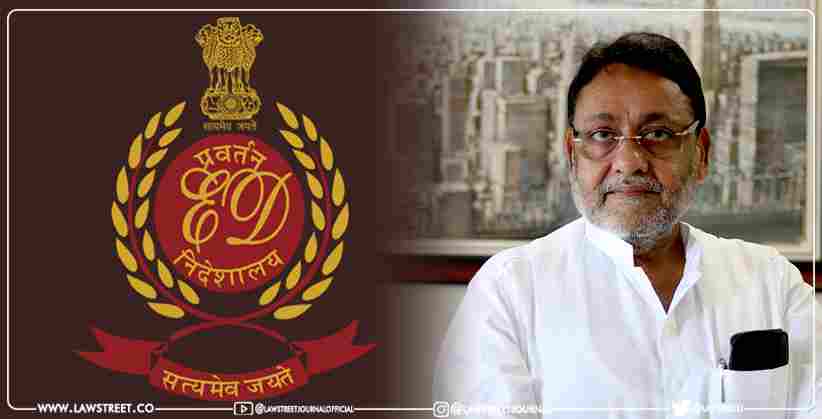Mumbai: The Bombay High Court has delivered a decision clarifying that a mother’s employment of household assistance for childcare purposes does not constitute valid grounds for stripping her of custody privileges, recognizing such arrangements as standard practice in contemporary family settings.
Justice R.M. Joshi delivered the judgment in a marital dispute concerning custody arrangements, underscoring the supreme consideration of child welfare and the protection of maternal prerogatives in custody determinations.
The matter arose from a writ petition filed by a father challenging a Family Court order that awarded custody of their son, under two years of age, to his estranged wife. The couple’s son was born on June 12, 2023, with the custody battle emerging following the mother’s departure from the marital residence.
The petitioner father challenged the Family Court’s verdict on several grounds, chiefly asserting that his wife was medically incompetent due to postpartum depression and mental health concerns. Additionally, he alleged that she was not providing direct personal care to the infant, instead relying on hired domestic assistance.
Justice Joshi categorically dismissed these contentions, remarking, “Even if it is accepted that a maid servant is engaged by the respondent, it is not uncommon for a maid servant to be engaged where there is a small child in the house. In such circumstances, the said fact, even if it is accepted to be true, will not become a ground to cause interference in the impugned order.”
The bench reinforced established jurisprudence requiring fathers to substantiate claims of maternal incompetence when seeking custody of children under five years. Justice Joshi observed, “The burden is on the father to show that the mother is unable to take care of the child below the age of 5 years, and in absence of any material to that effect, there is no reason to cause any interference in the impugned order.”
Examining the medical documentation submitted by the petitioner, the court determined that the mother’s anxiety and depressive symptoms did not render her unfit for parental duties. The Family Court had previously noted, “Anxiety/depression is not a very serious issue. Feeling nervous now and then is not so much abnormal. It is a normal response to a stressful situation.”
The court placed special emphasis on nursing considerations and also relied on the judgment of the apex court in Pushpa Singh vs. Inderjit Singh, wherein it was observed, “Mother’s milk is most important for a child’s physical and mental development. Breastfeeding is an inalienable right of a lactating mother protected under Article 21 of the Constitution of India. Similarly, it is the right of the suckling infant for being breastfed too.”
The court also took note of the fact that the infant had remained in maternal care for roughly eight months without any documented adverse effects on the child’s well-being. The court stated, “Nothing absolutely is brought on record to indicate that the child’s custody with the mother is not in his interest.”
The court also censured the father’s deployment of offensive and disparaging terminology in his legal submissions, which the Family Court had sanctioned with monetary penalties of Rs. 5,000. The court further endorsed this disciplinary measure, citing the Supreme Court’s Guidelines on Eliminating Gender Bias, which stress that “Language is critical to the life of law” and that improper language “undermines the dignity of individuals, based on their gender.”
The court observed that, considering the facts recorded by the learned Family Court Judge, the imposition of a cost of Rs. 5,000/- appeared to be rather lenient. However, it noted that since the respondent had not challenged that part of the order, there was no occasion to enhance the said cost. The court further stated that there was no reason or justification to interfere with the impugned order and, accordingly, held that the petition stood dismissed. It also recorded that any pending civil applications stood disposed of.
Mr. R. G. Joshi, Advocate appeared for the Petitioner, whereas Mr. P. S. Shendurnikar, Advocate appeared for the Respondent.
Case Title: S.S. vs. S.




![Husband Can Also Claim Alimony/Maintenance From Wife: Bombay High Court Orders Woman To Pay Alimony To Ex-Husband [Read Order]](/secure/uploads/2022/04/lj_2823_Divorce.jpg)






